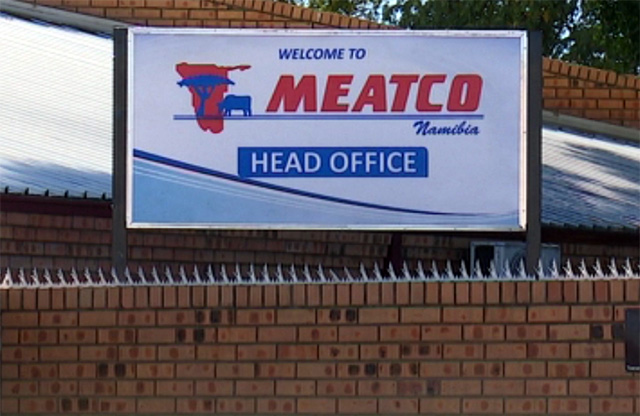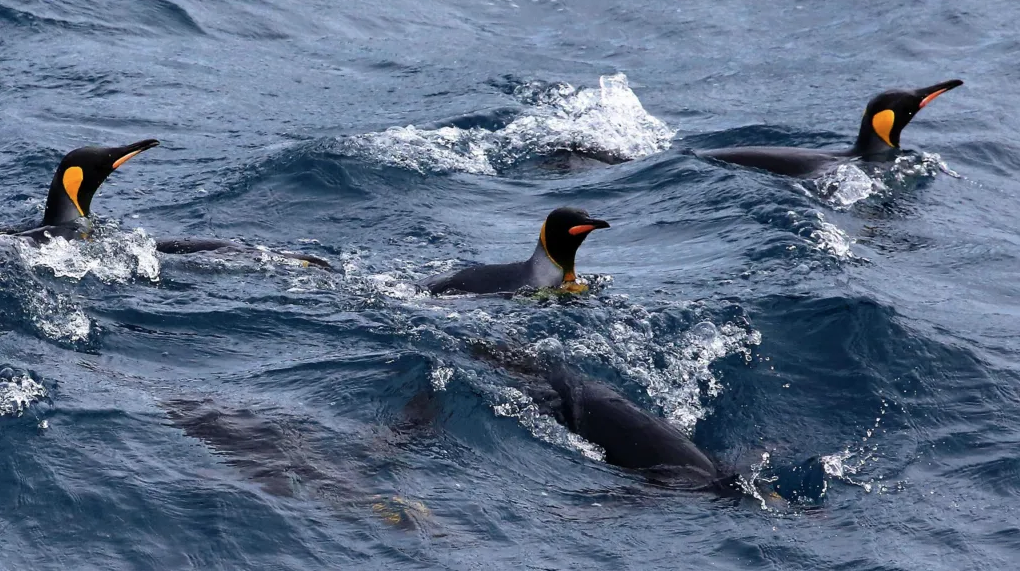Economists are branding companies like Meatco and TransNamib as “a cancer” draining national resources and stalling economic progress.
Minister of finance and social grants management Erica Shafudah on Thursday tabled the 2025/26 national budget, allocating N$100 million to the Meat Corporation of Namibia (Meatco) and N$320 million to national rail services operator TransNamib in yet another effort to keep the struggling entities afloat.
An additional N$350 million has been set aside in the country’s contingency fund for unforeseen emergencies.
In the 2024/25 financial year, Meatco has been allocated N$212 million to settle contingent liabilities and stabilise its financial position.
TransNamib, facing operational challenges, also received N$300 million to support day-to-day operations and address infrastructure needs.
However, experts say this continued financial resuscitation is wasteful and unsustainable.
“Taxpayers will be wasting their money on this cancer.
Use consequences management, prevent rehiring the same individuals, recruit fresh blood, and refrain from assigning names if we want to see results,” independent economic and business researcher Josef Sheehama says.
He says funding loss-making state-owned enterprises (SOEs) comes at a high opportunity cost, diverting scarce resources from priority sectors like agriculture and manufacturing, and job-creation and anti-corruption efforts.
“Finding resources to support failing SOEs has skewed monetary policy and financial systems, occasionally exacerbating the macroeconomic crisis,” Sheehama warns.
Despite their mandate to contribute to national development and revenue generation, most SOEs, including Meatco and TransNamib, have instead become fiscal burdens, surviving on government bailouts while offering the public little in return.
The parastatals received the same money from the national budget last year each.
However, economist Omu Kakujaha-Matundu questions the efficiency of the allocations, pointing out that past financial support has failed to yield meaningful reforms.
“The government commissioned a study looking into Meatco’s finances and sustainability.
I’m not sure whether the N$100 million is adequate to achieve the government’s objective of making Meatco a sustainable national meat company,” he says.
Meatco incurred substantial losses in 2024, with reports indicating a N$258-million loss.
Monthly losses were reported to exceed N$20 million.
Liabilities exceed assets by N$133.2 million at the time of an Ombu Capital report.
The Ombu Capital report, which analyses Meatco’s situation, concludes that the company is faced with an existential threat.
The report says Meatco’s operational existence and the livestock sector, which sustains over 60% of Namibia’s livelihoods, are at risk.
Kakujaha-Matundu calls on the government to be transparent about how the funds align with the recommendations of the Ombu report.
Kakujaha-Matundu is equally sceptical about TransNamib.
“The N$320 million clearly falls short of the close to N$2 billion needed to refurbish the railroad. Little money thrown at big problems often does little to solve them,” he says.
He warns that any funds allocated must not be lost to corruption or maladministration.
“Let those entities so bailed out try to do more with less,” he says.
Stay informed with The Namibian – your source for credible journalism. Get in-depth reporting and opinions for
only N$85 a month. Invest in journalism, invest in democracy –
Subscribe Now!










